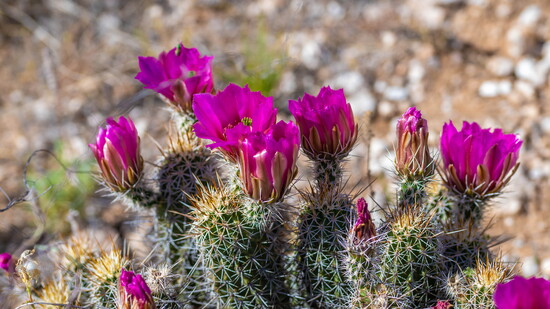There’s a reason we instinctively feel lighter, calmer, and more connected when we pause to give thanks. Gratitude isn’t just a warm sentiment we save for Thanksgiving dinner — it’s a powerful mindset that can transform the way we experience daily life. Science is beginning to catch up with what people have always known: practicing gratitude feels good because it nourishes both mind and body.
When we recognize and appreciate the good in our lives, whether it’s a major milestone or something as small as a friendly smile, our brains respond in measurable ways. Gratitude has been shown to boost serotonin and dopamine — the very neurotransmitters that lift mood and increase motivation. At the same time, it reduces cortisol, the body’s primary stress hormone. The result? Better sleep, more steady energy, and less of the anxious tension that often creeps into busy schedules.
The benefits extend far beyond physiology. Gratitude also shifts perspective. Instead of focusing on what’s missing, it draws attention to what’s already present and meaningful. A hectic week feels different when it’s punctuated by small moments of joy: the way sunlight hits a mountain ridge, the comfort of a favorite meal, the kindness of a neighbor. Gratitude doesn’t erase challenges, but it reframes them, making space for hope and resilience.
Even relationships strengthen under the lens of gratitude. Expressing appreciation to friends, family, or colleagues not only fosters connection, but also reinforces a cycle of kindness. People who feel appreciated are more likely to extend appreciation in return, creating a ripple effect that builds community.
The beauty of gratitude is how accessible it is. A practice can be as simple as writing down three things you’re thankful for each day, beginning a meal with a shared moment of thanks, or taking a mindful walk outdoors to notice beauty in the ordinary. Some keep gratitude journals, while others silently reflect before bed. However it’s practiced, the effect is the same: an increased awareness of life’s richness.
In the rush of modern life, gratitude is a gentle invitation to slow down. It pulls us into the present moment, reminding us that even amid challenges, there are countless reasons to feel thankful. Gratitude feels good because it roots us in appreciation — turning ordinary days into something extraordinary.
Simple Ways to Practice Gratitude
-
Write down three things you’re thankful for each day
-
Share appreciation at mealtimes
-
Send a quick thank-you note
-
Pause on a walk to notice small moments of beauty
